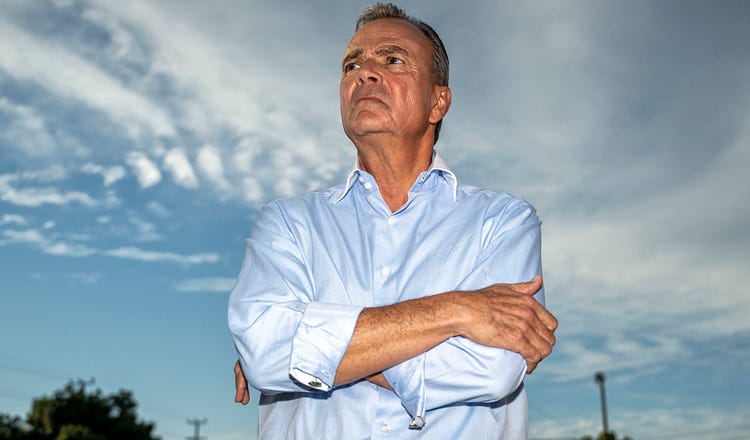The Hollywood Power Brokers Mugged by Reality

Rick Caruso in Los Angeles on October 28, 2022. (Hans Gutknecht via Getty Images)
L.A.'s mayoral race pits a black congresswoman endorsed by Obama against a billionaire developer. "I can’t tell you the number of people who tell me, 'I’m voting for him, but I'm not telling anyone.'"
506
“This is like a breaking point,” said Nicole Avant, who served as U.S. ambassador to the Bahamas under Barack Obama and is the wife of Netflix co-CEO Ted Sarandos. We were talking about Los Angeles, where she was born and grew up and met her husband. “Who is in charge here? How is this happening? It’s the drug addicts in front of people’s houses, it’s p…
Continue Reading The Free Press
To support our journalism, and unlock all of our investigative stories and provocative commentary about the world as it actually is, subscribe below.
$8.33/month
Billed as $100 yearly
$10/month
Billed as $10 monthly
Already have an account?
Sign In


